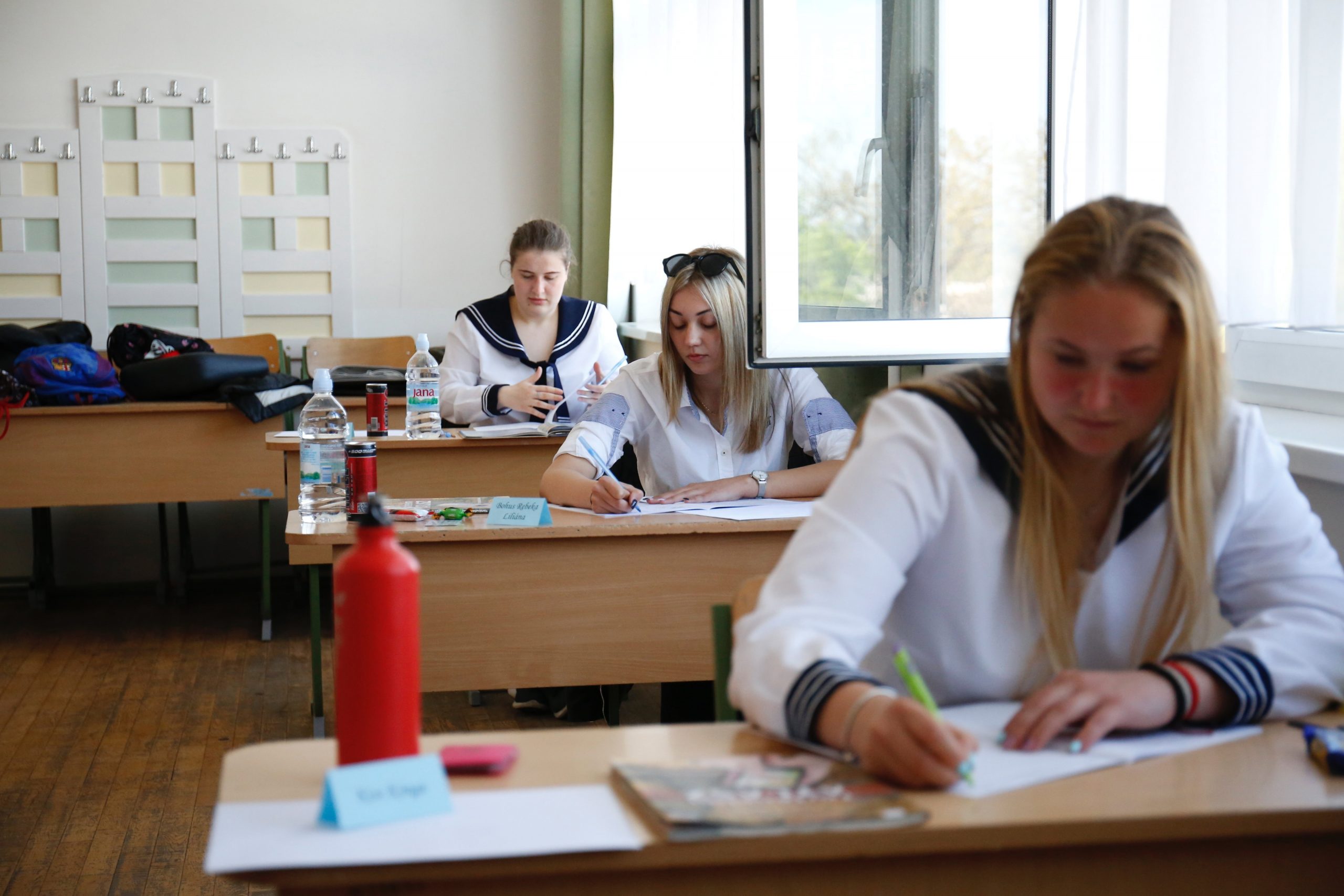
"Although it is an enormous relief to be safe, I had to leave a country that welcomed me, where I could study," one student said.Continue reading

This year’s graduation exam season starts in the traditional, pre-pandemic way and will be held between May 2 and June 24. Students first take written exams, starting with Hungarian language and literature on Monday.
This year, there will also be oral exams, which were canceled due to the pandemic in previous years. In addition, last year and the year before, special security measures were in place for the matriculation exams due to the coronavirus epidemic. For example, no more than ten people were allowed in a classroom at any one time, keeping a distance of at least one and a half meters.
At most, wearing a mask is now only recommended. This year, the only restriction is that adequate quantities of hand sanitizer must be provided at the examination venues, but schools can have their own local rules.
Students from Ukraine will also have the opportunity to take the exam in the 2022 spring examination season. The Educational Authority told Index that a total of 55 young people from Ukraine are trying their luck in this way.
Index also spoke to one of the students, Dorina Molnár from Transcarpathia, who discussed the difficulties of the preparation. The girl said that she was happy for the opportunity, because although digital education was provided by her Ukrainian school, graduation exams were canceled there. Besides studying online, she also attended a school in Budapest.
In Ukraine, Molnár would not have had to take both math and history exams, because there is a choice between the two subjects, and she chose the former earlier.
But here, both subjects are compulsory, so I had to catch up in history in a very short time. Another difficulty is that I was originally going to take only intermediate exams, but to continue my studies in Hungary, I need to take an advanced level exam in a subject, and as I want to become an architect, I chose maths. I am hopeful that despite the difficulties I will pass the exam.”
Péter Horváth, president of the National Faculty of Pedagogy (NPK), told Index that although the Transcarpathian Hungarians did not start from an easy position, they have a good chance of passing exams, especially in subjects such as mathematics, PE, and IT.
Even passing some of the exams is a big help, as in the future they can be counted as early graduation exams,”
he said. This means that students will only have to take the remaining exams they did not pass during another exam season. Hungarian students sometimes also choose the opportunity to “bring an exam forward” and take it earlier so they have fewer remaining ones in their final year.
On the first day of the exams, around 71,000 students at the intermediate level and more than 2,200 at the advanced level will test their knowledge of Hungarian language and literature. The advanced level oral exams will be held between June 1 and 9, and the intermediate level oral exams between June 13 and 24. The examinations are organized by secondary schools and government offices, with 3,185 examination boards involved. Nearly 114,700 people are expected to take their graduation exams at 1,162 locations, according to the Educational Authority’s statement sent to MTI.
The Hungarian exams will be followed by written tests in mathematics on Tuesday, of which around 69,000 are at the intermediate level, and more than five thousand are at the advanced level. On Wednesday, more than 66,000 students will take their history exams at the intermediate level and around 8,000 at the advanced level. On Thursday, the English exams will be held, with more than 49,000 candidates at the intermediate level and almost 20,000 at the advanced level, while the German exams the following day will be taken by almost 12,000 at the intermediate level and more than 2,600 at the advanced level.
Featured image: Students at the written history exam at the Zsigmondy Vilmos Vocational School in Nagykanizsa on May 5, 2021. Photo by György Varga/MTI